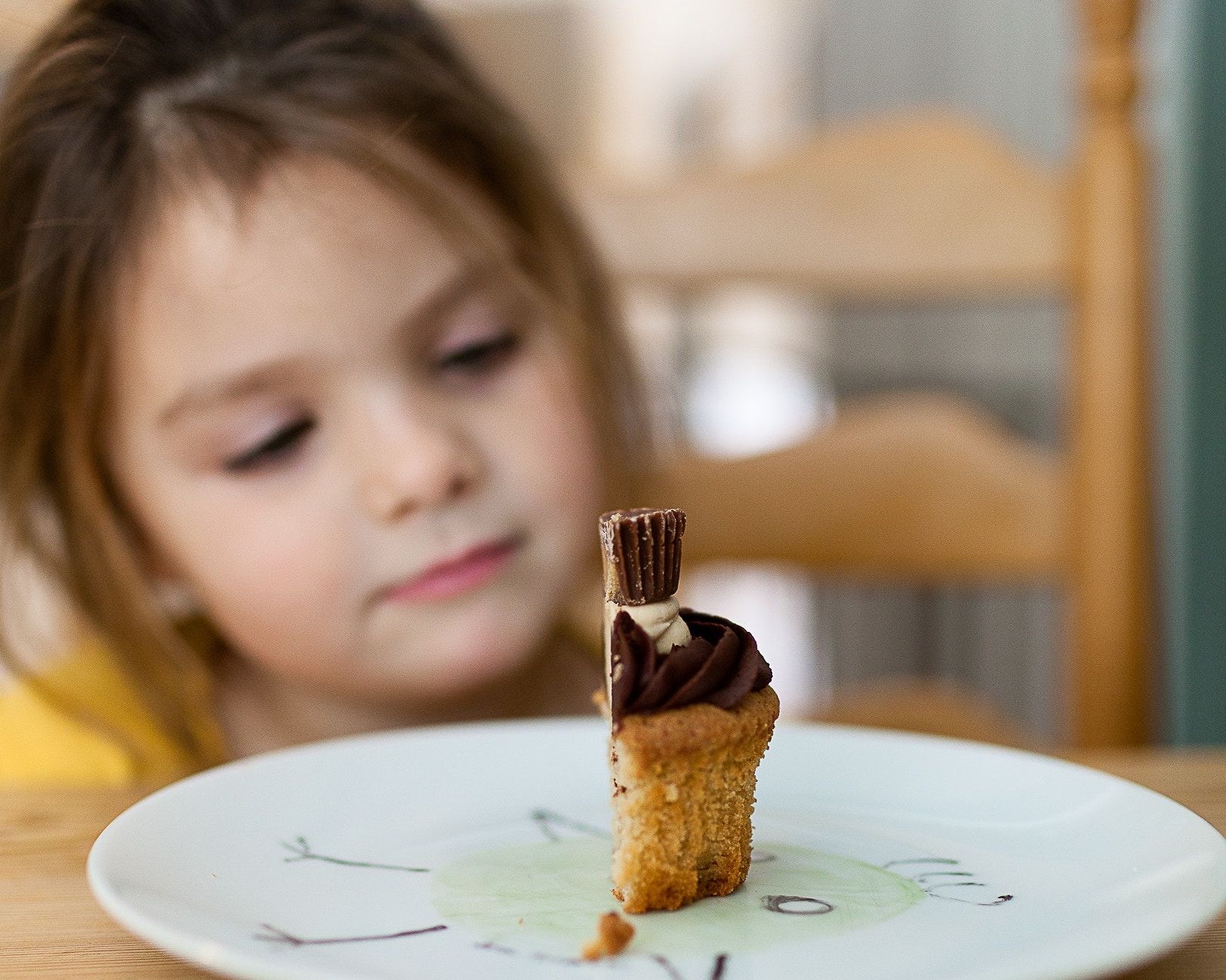There is an adage: There are no sick kids, there are entire families living and caring for a sick child.
There are 17 million kids living with chronic illness in the United States. Children with chronic, serious, and life-threatening medical conditions present unique challenges for caregivers and caregiving; parents and parenting; as well as for the other stakeholders in childhood; providers, families, friends, healers, youth developers, teachers, and magic makers. Being a caregiver of a chronically ill child, or in my case two children, is an opportunity to meld magic with a medicalized childhood.
When my first daughter got sick — I kept looking for the "What to Expect When You’re Expecting” book for parenting a sick kid. Or a resource with tips on how to deal with parenting while in pediatric clinical dosing trials. Or an expert to coach me on “how to talk to your eight-year-old about not ever getting well” while driving to dance class or doing homework. I quickly realized that the medical realities of caregiving for a chronically ill child required that the magic of childhood was not only preserved, but amplified.
As a caregiver, I focus on the following tasks:
1. Advocate for the best medical care possible for my child

From clinical trials to primary care – it’s essential that I strive to get my child the best care possible. Medicine is changing rapidly and it’s on us as caregivers to ensure our kids benefit from applying that research and emerging science by advocating with their medical teams.
2. Embrace my new identity

In addition to being a mama, I am also a caregiver, healthcare advocate, benefits coordinator, driver, counselor, records keeper, cheerleader, master scheduler, health educator, theologian, and an expert in my child's condition...all while doing the usual household, career, family, kid, school, carpool, and community “stuff".
Take care of myself: Caregiving for a child with a chronic illness is incredibly stressful and it is for the long-term. Self-care and community support is essential. In addition to having care plans for my daughters’ illnesses – I have a self-care plan and a network of support to make sure I take care of me.
3. Keep the magic of childhood alive and vibrantly present

As a caregiver, I need to ensure that along with biopsies and procedures, my child has birthday cakes and play dates and that the magic of childhood is not sacrificed to ongoing treatments, multiple procedures, and stays in the hospital, but made a part of it. Whenever possible, I schedule medical appointments around special days at school and ask their providers to help me ensure they are well enough to enjoy those events. When I cannot, I take the play-dates to the hospital – we have danced to trolls with pom-poms and besties and roller-skated down the hospital hallways with superhero capes.
I never anticipated I would end up parenting two chronically ill children. And I never did find the “What to Expect, When the Unexpected Happens” book I was looking for, but I did find what I was looking for. One of my daughter’s illnesses makes eating painful – and a few birthday parties into her diagnosis, I realized that she was too ill and too tired to eat her own birthday cake. That is when we started to “eat the cake first” – literally and metaphorically. Birthday parties at our house start with the cake and candles – and the dinner and games come later. And some mornings, for no particular reason, I will wake my girls up and serve cake for breakfast.
This is a sponsored post.



